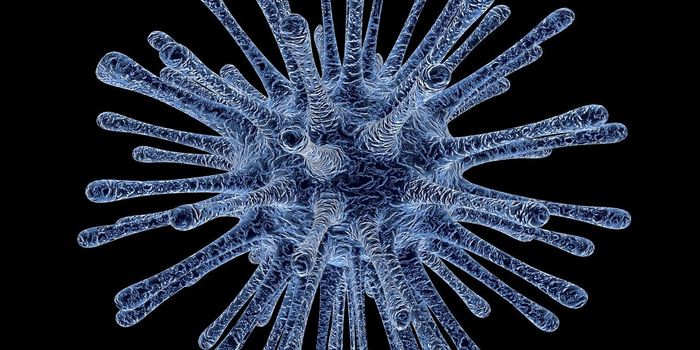Strep Vaccine Could Prevent Thousands of Stillbirths and Infant Deaths
Around the world pregnant women and their babies are at risk of a bacterial infection that is a major cause of maternal and infant death, and there is no vaccine to prevent it. A new study lead by the London School of Hygiene & Tropical Medicine is the first comprehensive study of Group B streptococcus (GBS) bacteria, looking at disease burden worldwide as opposed to high-income countries.
GBS can cause disease in anyone, but it is most known for its connection to severe newborn infections. Nearly one-third of the world’s adult population can carry GBS bacteria without ever knowing it, meaning that in can easily be passed to a fetus, which is much more vulnerable to the infection while it is still developing.
Experts estimate that 20 percent of pregnant women develop infections caused by GBS bacteria, which can lead to meningitis and septicemia for both mother and baby. And long-lasting health problems develop for the babies that do survive, including hearing loss, vision loss, and cerebral palsy.
"The first few days and weeks of a baby's life are the most vulnerable - by far,” said Dr. Keith Klugman from the Bill & Melinda Gates Foundation, which funded the study. “By filling in one of the great voids in public health data, this work provides crucial insight and shows the pressing unmet need for the development of an effective Group B Strep vaccine.”
The study shows that approximately 410,000 annual GBS infections occur worldwide, with 147,000 resulting in stillbirth or other infant deaths. The highest burden is in Africa, which accounts for 65 percent of all stillbirths and infant deaths. The new study provides all kinds of information on GBS and pregnancy: how many women are at risk, what the outcomes are for mother and baby. It also showed how a maternal GBS vaccine was 80 percent effective and reached 90 percent of women and that it could prevent 231,000 infant and maternal GBS cases.
Vaccines to prevent GBS are in the works, but what’s available now? Antibiotics are given to women in labor to prevent passing the disease to infants during delivery, but there’s a chance that the baby has already come into contact with GBS. However, GBS bacteria grow back quickly, so antibiotics cannot be taken earlier than during labor.
Co-lead researcher of the study Joy Lawn estimates that 29,000 cases of GBS are prevented by the current antibiotic approach, but almost all of those prevented cases are in high-income countries.
“A maternal GBS vaccine could prevent many more cases and deaths worldwide,” explained another co-lead researcher, Anna Seale. The research team from the London School of Hygiene & Tropical Medicine plans on continuing their studies by looking at cost-effectiveness evaluation of developing a GBS vaccine.
"Too many parents around the world face the death of a baby or a young child,” Lawn said. “Avoidable GBS deaths are happening in every country.”
The present study was published in the journal Clinical Infectious Diseases.









